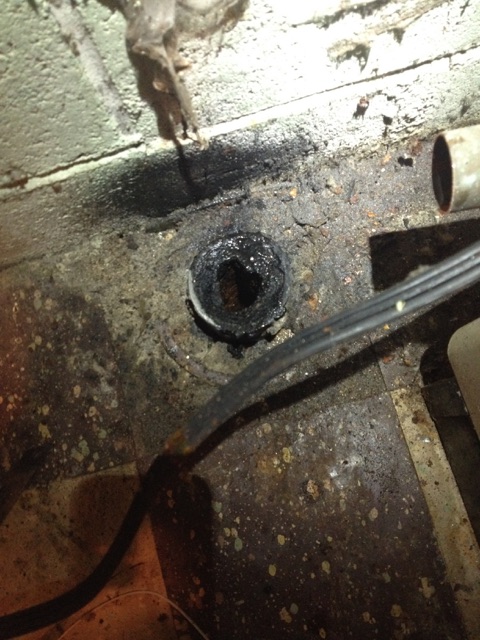Are you using all of your plumbing fixtures at least once a week? If you don’t, you’re going to stink up your home with sewer gas. Here’s how you can prevent this from happening and stop it from being a reoccurring problem.
What’s sewer gas?
It’s broken down organic household, or industrial wastes. Sewer gas generally can’t enter a home or building through plumbing traps that create a water seal. Additionally, plumbing vents exhaust it to the outdoors above roof level.
How does it enter indoors?
Sewer gas is not an everyday plumbing problem. If you start smelling it something is wrong with your plumbing’s drainage or vent system. It may be minor or complicated to figure out and fix. Usually, sewer gas gets released out of the sewer system from any of the following:
- p- traps
- vent pipes
- drain pipes
If your smelling sewer gas in your home take care of it immediately don’t let it go. It’s hazardous to your health and very dangerous because high concentrations of methane can ignite and explode.
Preventative tips
Do this quick preventative maintenance if you suddenly start to smell sewer gas in your home:
- pour water in all of your floor drains
- flush toilets
- run water in all sinks
- pour water into laundry stand pipe
- run water through showers or bathtubs
- check for open sewer/vent pipes
- cap off any open pipes
Out of my experience, I’ve found that evaporated floor drain traps are the leading cause of releasing sewer gas in a home. Also partially clogged drains/sewers are the second leading causes.
If you’re not using all of your plumbing fixtures on a regular basis, make yourself a reminder note to do so. This way your plumbing fixture traps don’t lose their water seal.
Does it still stink?
If you still smell sewer gas after you’ve performed all of the preventative tips listed. You could have any of these problems:
- broken vent pipe inside a wall
- a clogged plumbing vent
- clogged drain pipe
- clogged sewer
Any of the problems listed above will quickly cause p –traps (or fixture traps) to siphon and lose their tight water seals. If you’re having any of these problems and want help from an experienced plumber, who can find and fix the problems the first time. Click right here to schedule a plumbing inspection visit with Vince Marino Plumbing, LLC.


